The Most Popular Gear Used by Award-Winning Astrophotographers
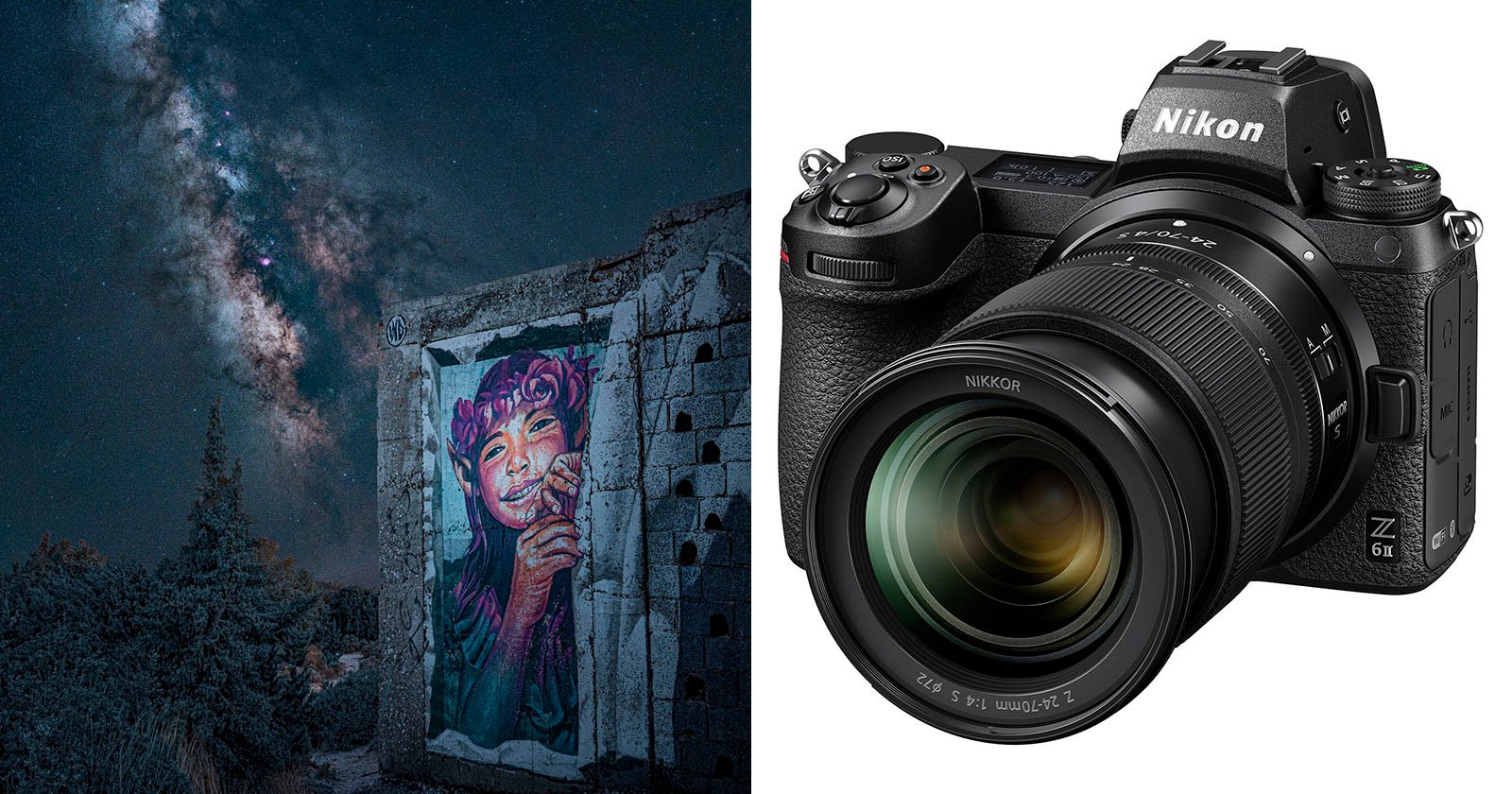
Skies and Scopes has released its annual gear analysis of the shortlisted images from the Royal Observatory Greenwich’s Astronomy Photographer of the Year competition.
The equipment survey uses 828 shortlisted images from the past six years of the Astronomy Photographer of the Year contest to determine what cameras, lenses, telescopes, mounts, and star trackers astrophotographers use, and perhaps most interestingly, how the selections have changed over time.
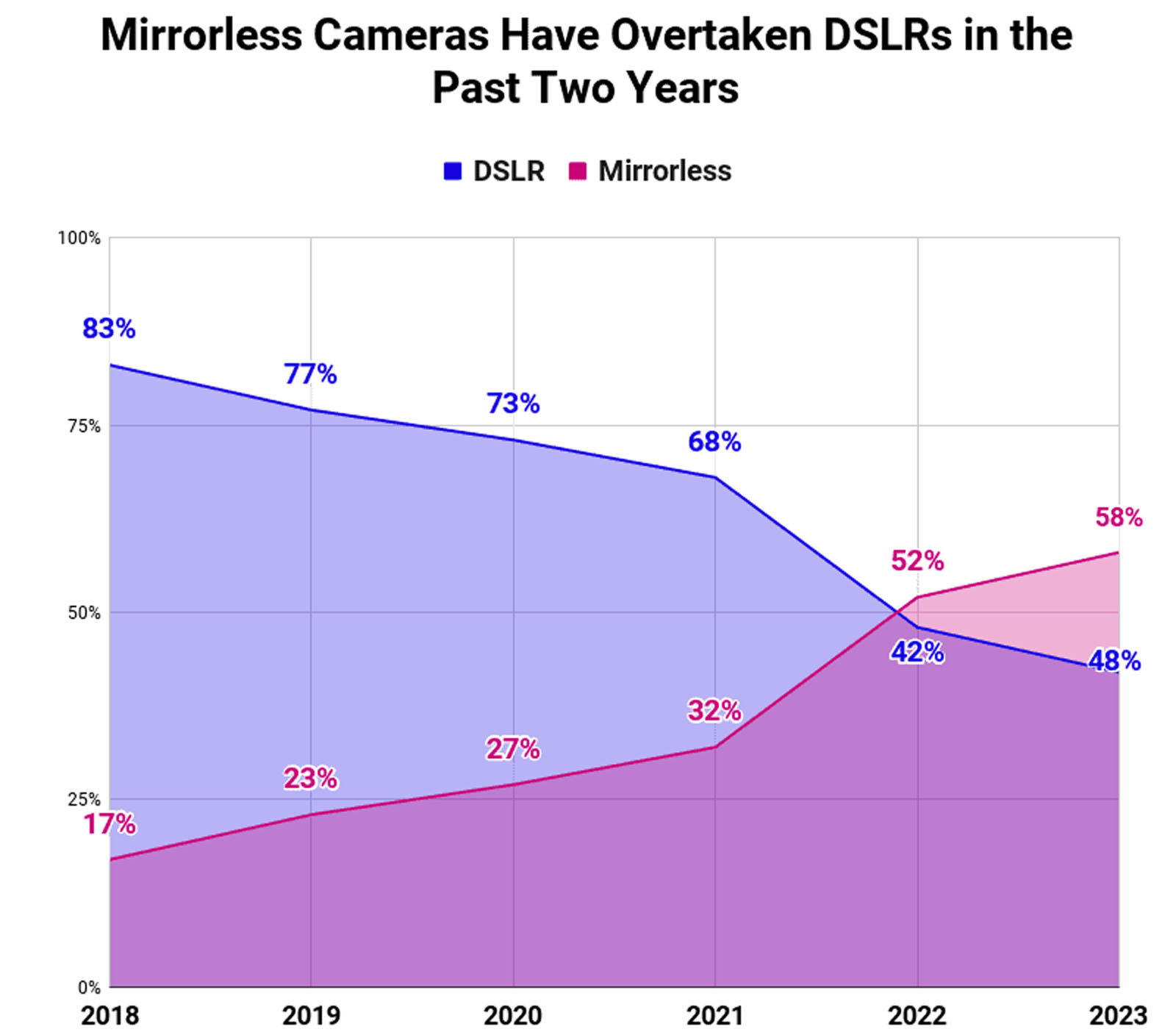
Mirroring the general trend in photography, astrophotographers have been steadily switching from DSLR to mirrorless cameras. In 2023, 58% of shortlisted photographers used a mirrorless camera, while 42% shot with a DSLR. Last year, the split was much closer at 52% to 48% in favor of mirrorless. In 2021, DSLRs had a very healthy 68% to 32% lead. In 2018, the first year in the string of surveys, only 17% of photographers used a mirrorless camera.
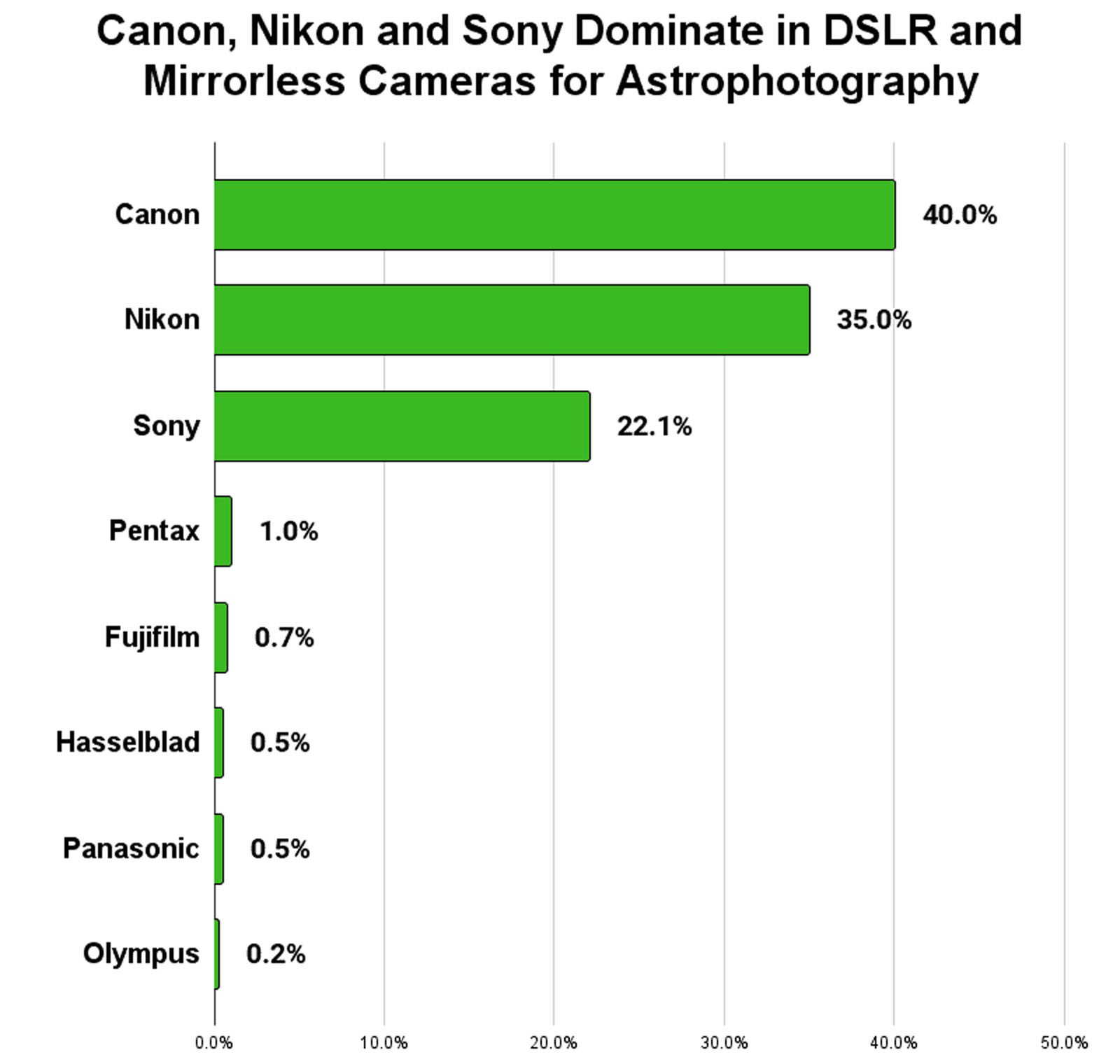
Skies and Scopes points out that while photographers are switching the type of camera they’re using, they are not necessarily changing brands and rarely moving away from full-frame image sensors.
Considering the past six years, Canon is the most popular brand, having been used to capture 40% of the more than 800 shortlisted photos, while Nikon and Sony trail in second and third. These three companies own a massive 97% share among the awarded astrophotographers.
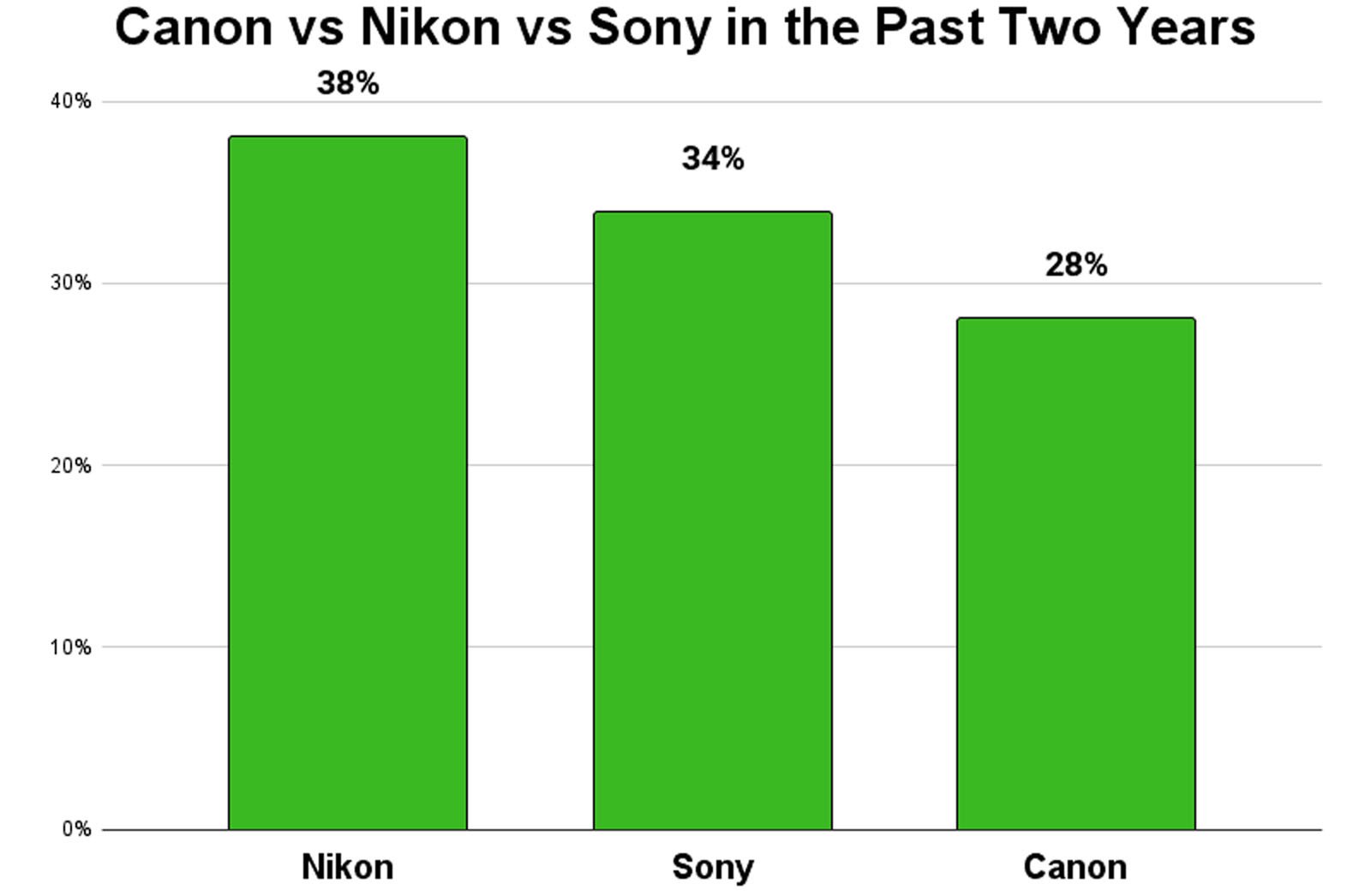
However, in the past two years alone, Nikon is on top, followed by Sony and Canon. While Canon DSLR cameras are very popular among astrophotographers, the company’s mirrorless options are not having as strong of an impact in astro circles. The Canon EOS 6D still sits atop the most successful camera model list, though. The highest-ranked mirrorless camera is the Sony a7 III in sixth position, with the Sony a7R III and Nikon Z6 II trailing just behind.
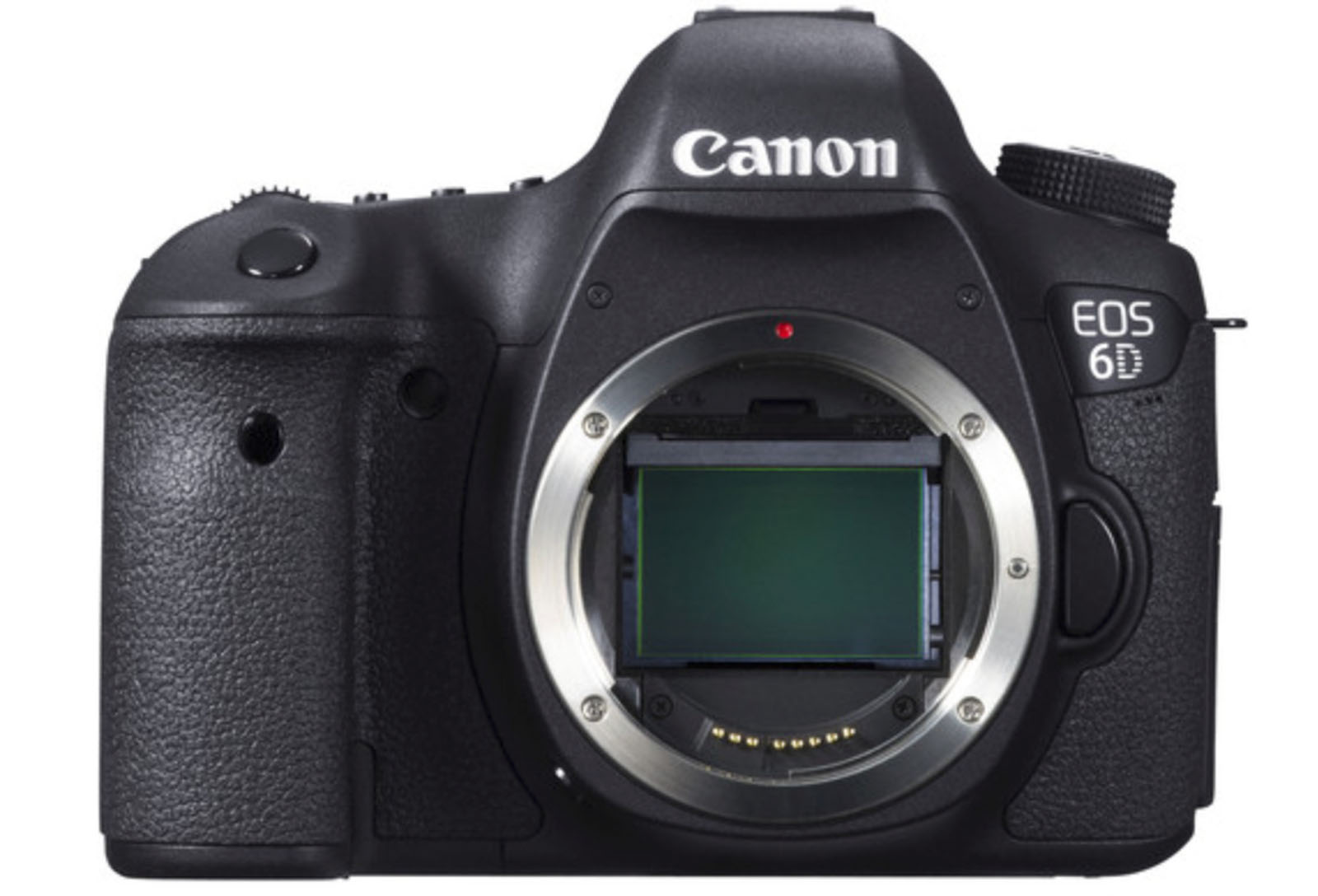
While brands like Fujifilm, Panasonic, and OM System (formerly Olympus) are generally popular among photographers, astrophotographers don’t take to them, likely due to much of their product lineups being APS-C and Micro Four Thirds cameras. 87% of the shortlisted photos from the past six years were shot on 35mm image sensors. When looking at just landscape astro images, it’s 92% full-frame to 8% APS-C.
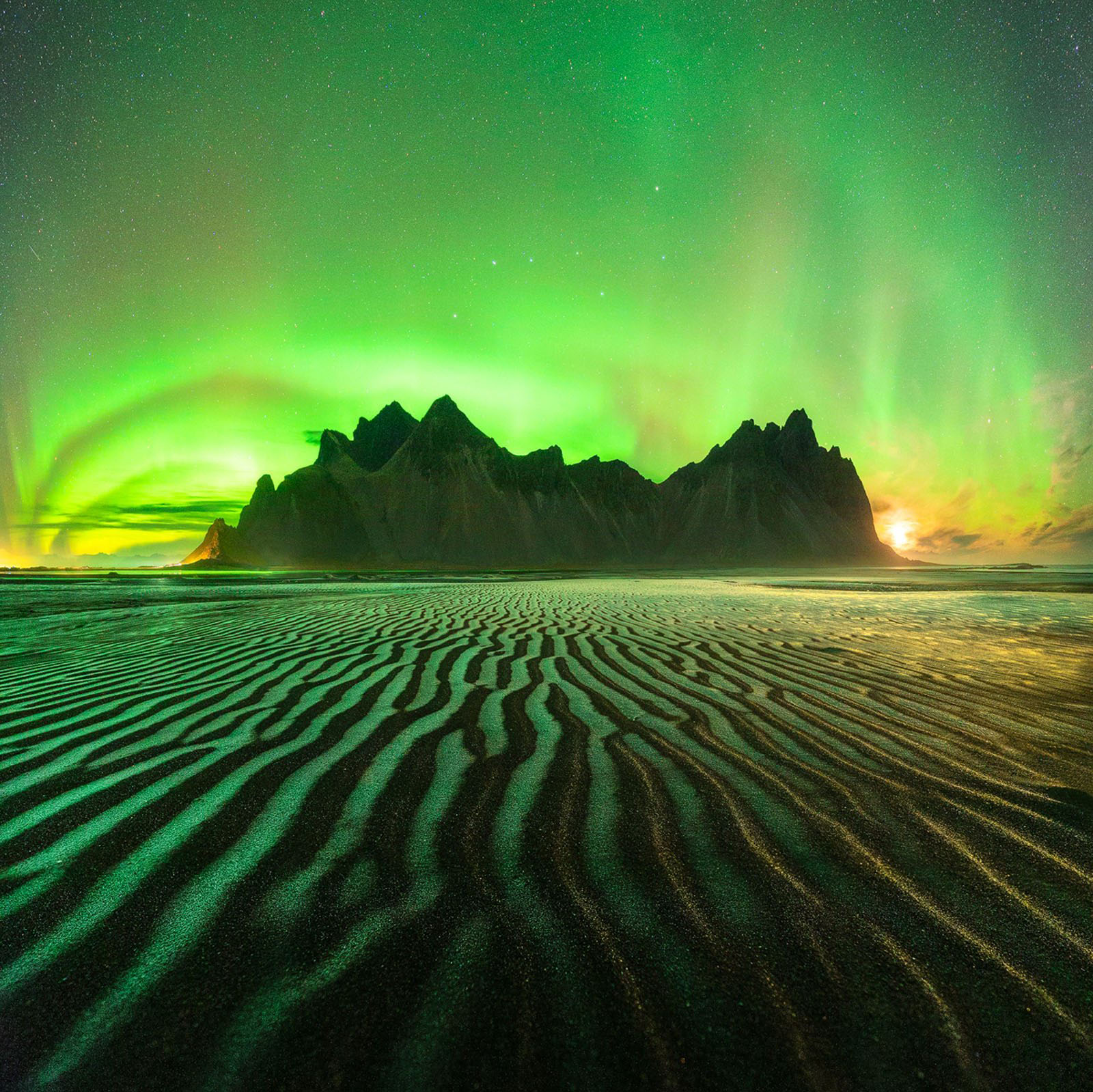
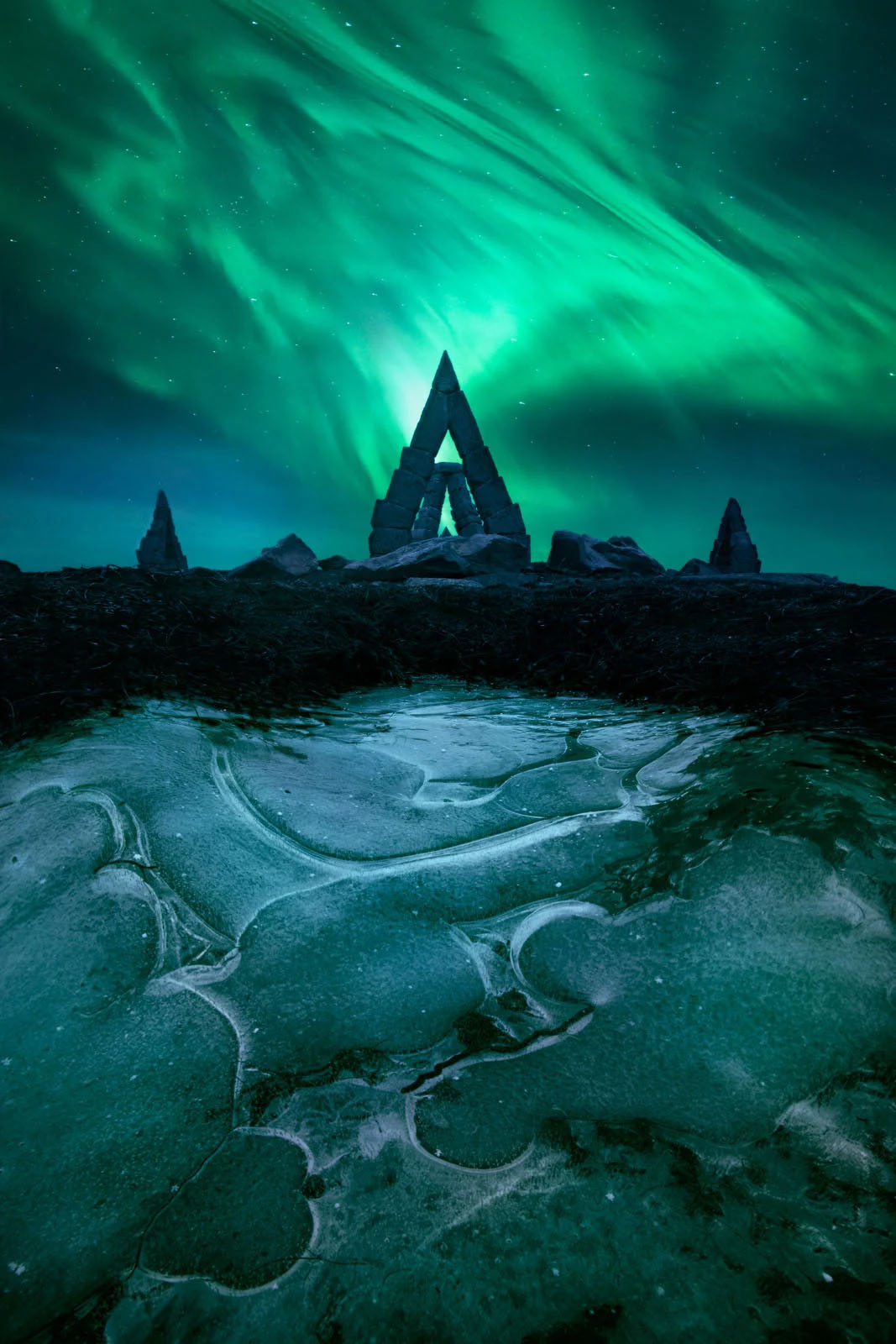
The survey also looks at popular focal length choices. When considering only landscape astrophotography images, as deep space images are shot with very different optics, 14mm is the clear favorite, with 23% of all pictures having been shot at the ultra-wide field of view. 24mm, 35mm, 20mm, and 16mm round out the top five. Unsurprisingly, no matter the focal length, astrophotographers prefer fast apertures.
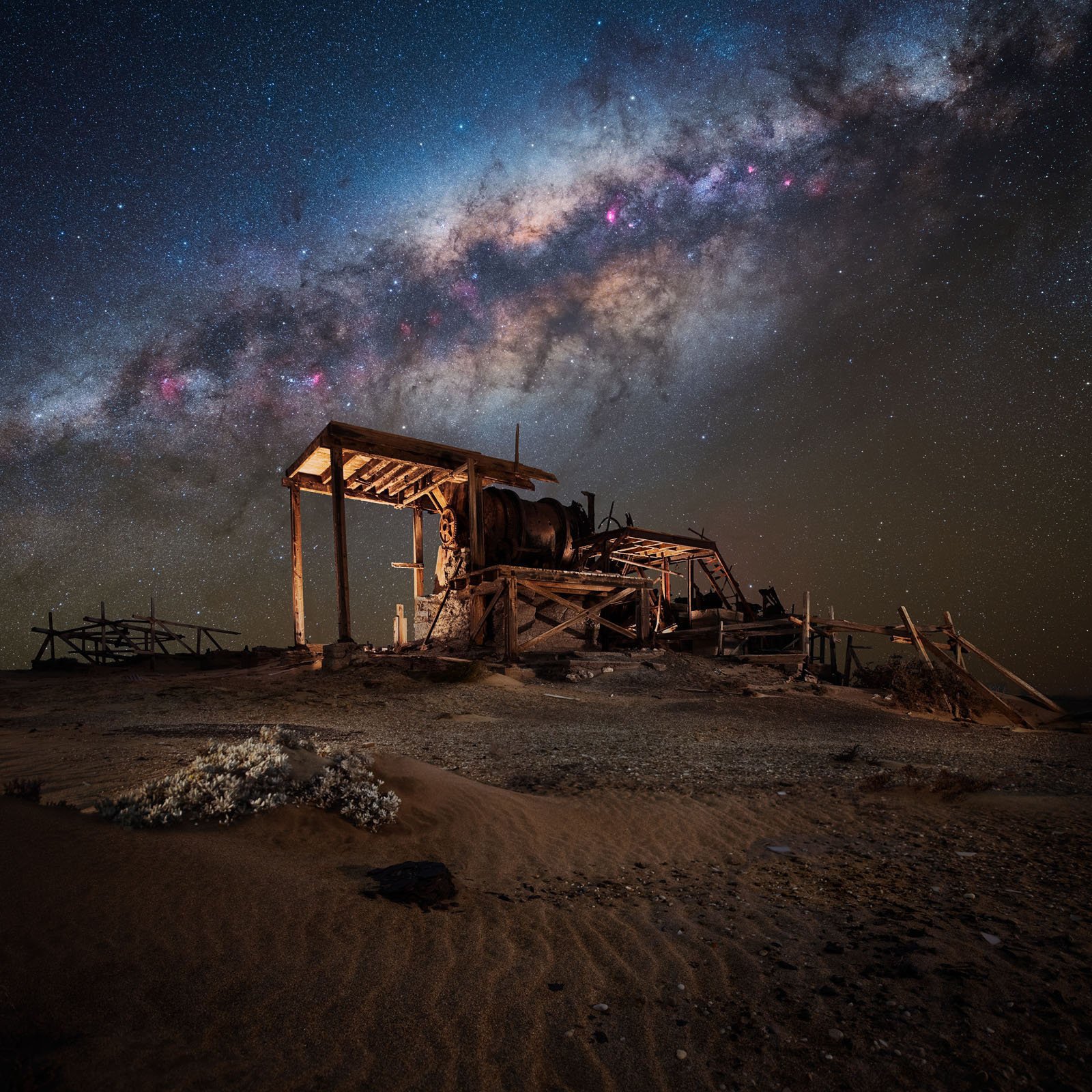
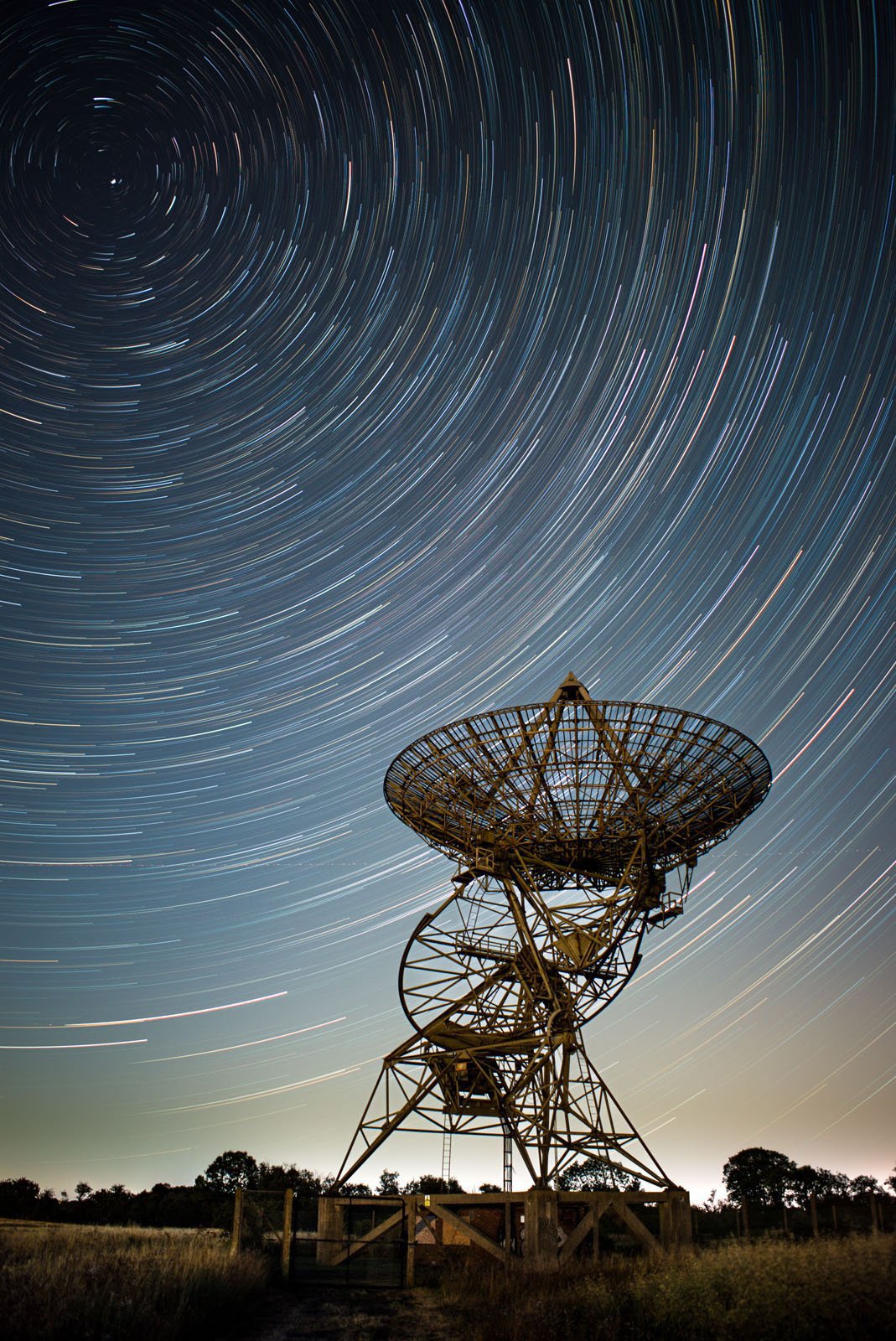
While first-party lenses are popular for many types of photography, shooters overwhelmingly prefer third-party lenses when it comes to astro. Sigma, Tamron, and Rokinon are the most popular lens brands, accounting for 62% of the images analyzed in the survey.
The survey also offers detailed usage statistics for deep sky, solar, and lunar imagery. Skies and Scopes also covers telescope brands and models, plus mounts and trackers. While these are outside the purview of traditional nightscape-style astrophotography, they are must-have products for deep sky photography.